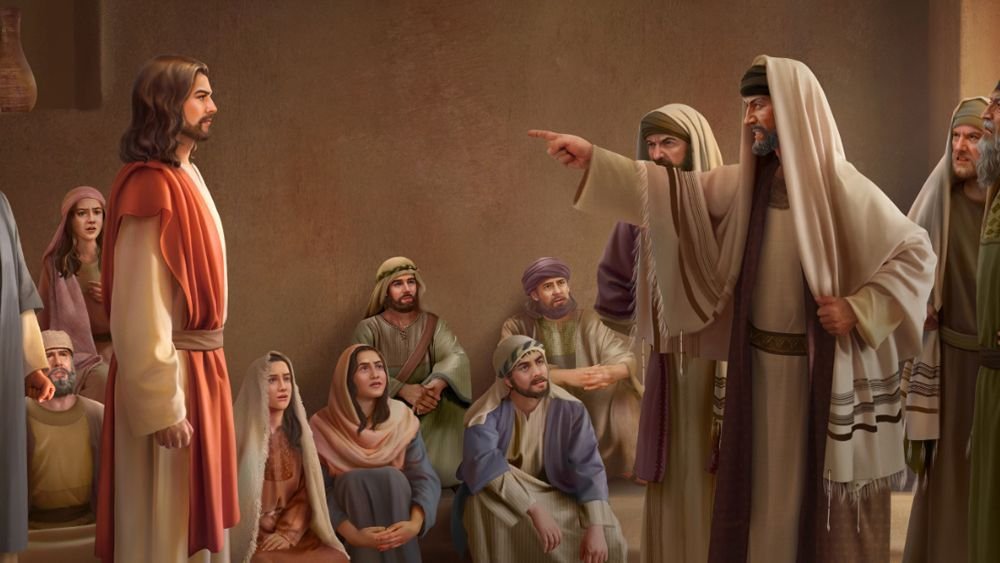The Bible tells us that Jesus Christ, the Son of God, was all-powerful and performed numerous miracles during his ministry. However, there is a peculiar account in the Gospels where Jesus could not perform miracles in his hometown of Nazareth. This event raises questions about the nature of faith, the limitations of divine power, and the complexities of human relationships.
According to the Gospel of Mark (6:1-6), Jesus returned to Nazareth, where he had grown up, and attempted to teach and perform miracles. However, the people of Nazareth, who knew Jesus as the carpenter’s son, refused to believe in his divine authority. They questioned his credentials, saying, “Where did this man get these wisdom and miracles? Is not this the carpenter, the son of Mary and brother of James and Joses and Judas and Simon? And are not his sisters here with us?” (Mark 6:3-4).
As a result, Jesus could not perform any miracles in Nazareth, except for healing a few sick people. The Gospel of Matthew (13:58) adds that Jesus did not perform many mighty works there due to their lack of faith. This event seems to contradict the popular belief that Jesus was all-powerful and could perform miracles at will.
The Power of Unbelief
The reason for Jesus’ inability to perform miracles in Nazareth lies in the power of unbelief. The people of Nazareth had a fixed perception of Jesus as the carpenter’s son, and they could not see beyond their preconceived notions. They refused to acknowledge Jesus’ divine authority and doubted his ability to perform miracles. In the face of such unbelief, Jesus’ power was limited.
This account highlights the importance of faith in the relationship between God and humanity. Faith is not just a passive belief but an active trust in God’s power and authority. When people refuse to believe, they create a barrier that even God’s power cannot overcome. The people of Nazareth had a unique opportunity to witness the divine, but their unbelief hindered Jesus’ ability to perform miracles.
The Human Factor
The account of Jesus’ inability to perform miracles in Nazareth also reveals the human factor in the divine plan. Jesus, though fully divine, was also fully human. He was subject to the limitations of human relationships and the constraints of human understanding. The people of Nazareth knew Jesus as a fellow human being, and their familiarity bred contempt.
This episode reminds us that even the most powerful among us are not immune to the limitations of human relationships. Our perceptions, biases, and preconceived notions can create barriers that even the most extraordinary individuals cannot overcome.
Lessons from Nazareth
The story of Jesus’ inability to perform miracles in Nazareth offers valuable lessons for us today. Firstly, it highlights the importance of faith in our relationship with God. We must approach God with an open heart and mind, willing to trust in His power and authority.
Secondly, it reminds us that even the most powerful among us are not immune to the limitations of human relationships. We must approach each other with humility, recognizing the complexities of human understanding and the power of preconceived notions.
Lastly, it teaches us that our unbelief can limit God’s power in our lives. When we refuse to believe, we create a barrier that even God’s power cannot overcome.
Conclusion
The account of Jesus’ inability to perform miracles in Nazareth is a poignant reminder of the complexities of faith, human relationships, and the limitations of divine power. It teaches us that faith is not just a passive belief but an active trust in God’s power and authority. Our perceptions, biases, and preconceived notions can create barriers that even the most extraordinary individuals cannot overcome. As we reflect on this episode, may we approach God with an open heart and mind, willing to trust in His power and authority, and may we recognize the limitations of human relationships and the power of unbelief.




